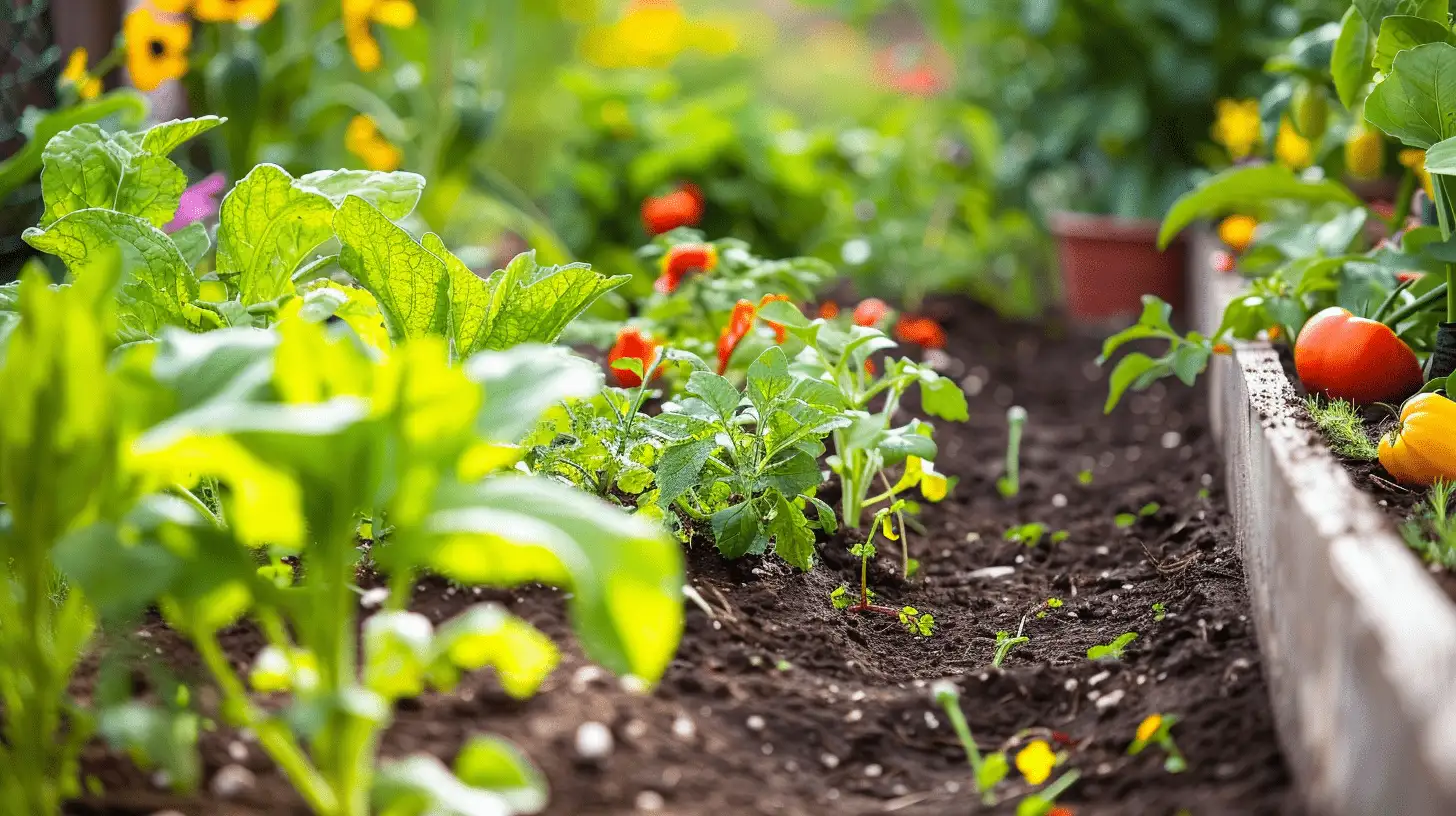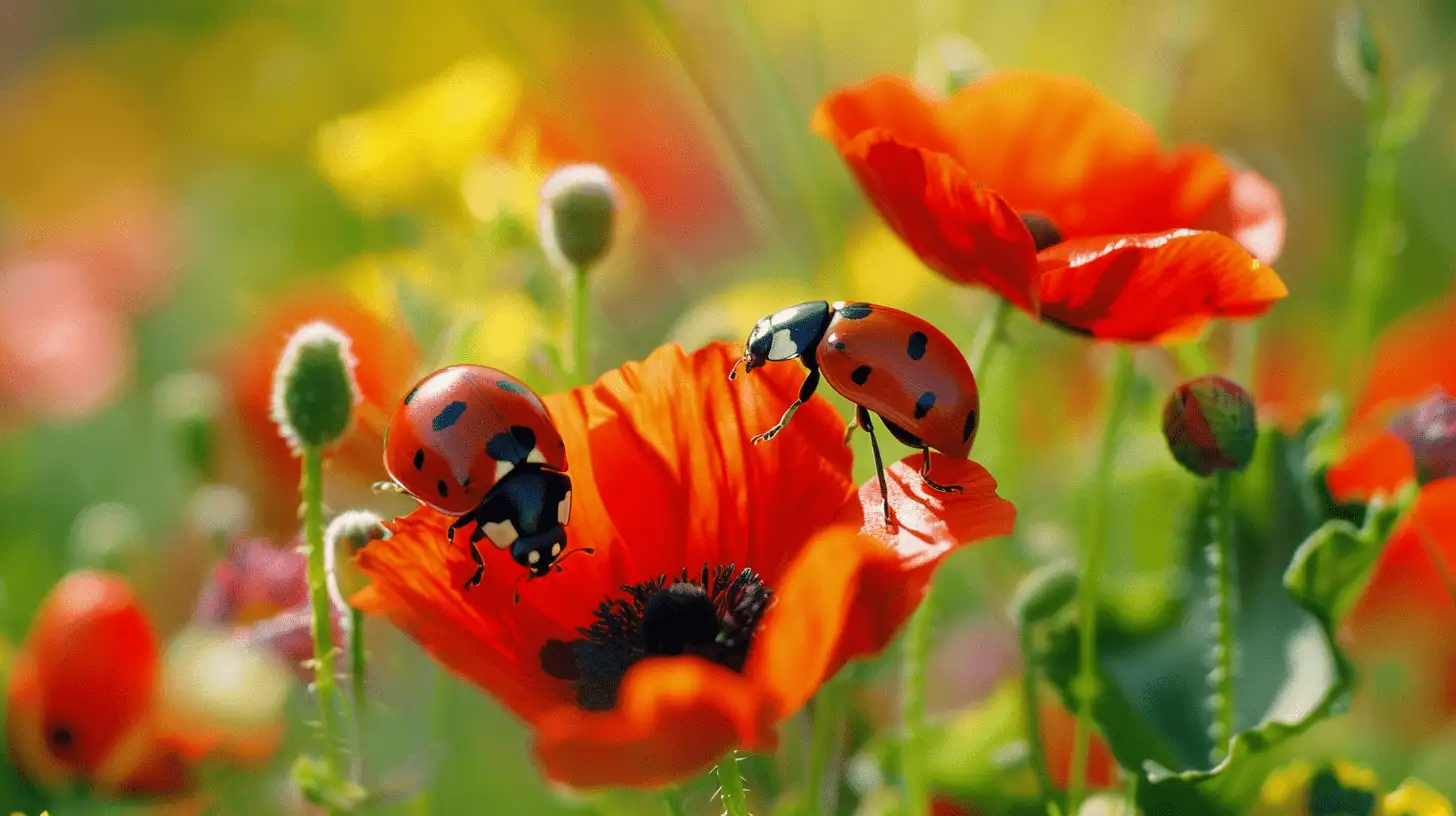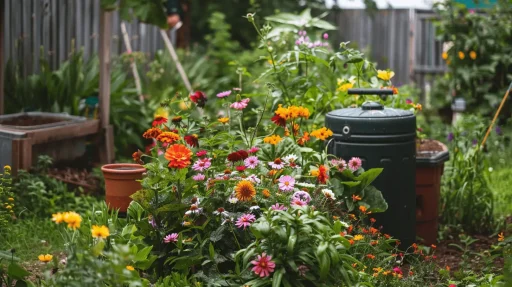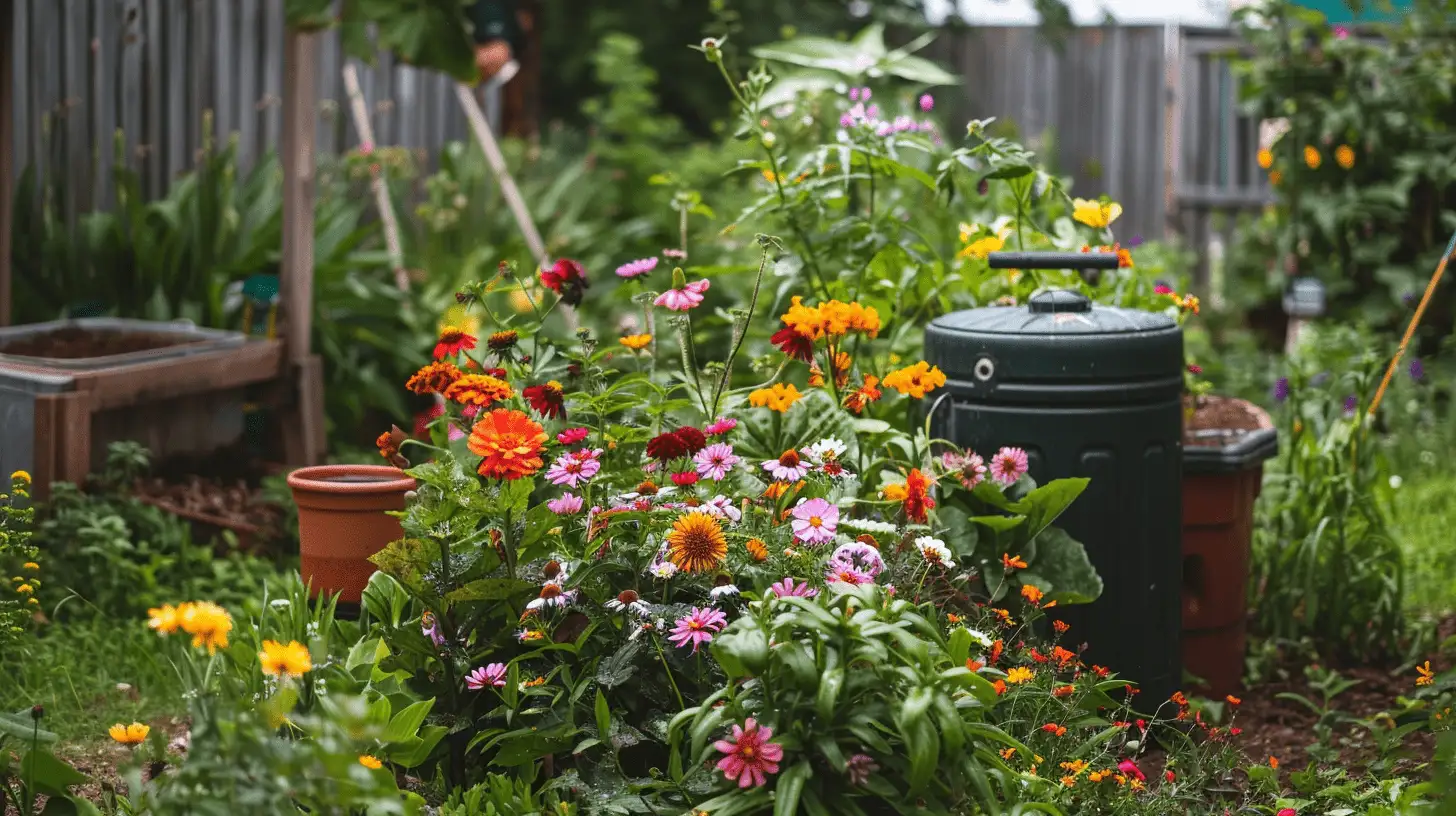As you begin this journey towards sustainable gardening practices, think of your garden as a canvas waiting for the brushstrokes of eco-conscious choices. Each decision you make is a stroke that contributes to a masterpiece of environmental responsibility.
By exploring the symbiotic relationship between your garden and the planet, you’ll uncover a world of interconnected solutions that not only benefit your plants but also the ecosystem at large.
Let’s start by considering the impact of organic fertilizers on your soil’s health and vitality, setting the groundwork for a flourishing garden that thrives in harmony with nature.
Benefits of Sustainable Gardening
When practicing sustainable gardening, you can significantly reduce water waste and chemical usage, benefiting both the environment and your garden’s health.
By implementing techniques such as mulching and drip irrigation, you conserve water while keeping your plants hydrated. This not only helps in preserving this precious resource but also lowers your water bills.
Additionally, sustainable gardening eliminates the need for harmful chemicals, promoting a healthier ecosystem in your garden. This approach encourages natural pest control methods and supports beneficial insects that keep your garden thriving.
Organic Fertilizers for Healthy Soil

To promote healthy soil in your garden, consider incorporating organic fertilizers for natural nourishment. Organic fertilizers, such as compost, manure, and bone meal, provide essential nutrients to your soil while improving its structure and promoting beneficial microbial activity.
Unlike synthetic fertilizers, organic options release nutrients slowly, preventing nutrient runoff and leaching. This gradual release helps maintain a balanced soil ecosystem, supporting the long-term health of your plants.
Additionally, organic fertilizers increase soil fertility, encouraging robust plant growth and better resistance to pests and diseases. By choosing organic fertilizers, you not only enrich your soil but also contribute to a more sustainable and eco-friendly gardening practice.
Make the switch today for healthier soil and thriving plant life.
Water Conservation Techniques
Consider implementing smart irrigation practices to conserve water in your garden. Set up a drip irrigation system to deliver water directly to the base of plants, minimizing evaporation.
Adjust sprinklers to avoid watering sidewalks or driveways, focusing instead on the lawn and garden areas. Water early in the morning or late in the evening to reduce water loss through evaporation during the heat of the day.
Collect rainwater in barrels to use for watering plants, reducing the need for tap water. Mulch around plants to retain moisture in the soil and reduce the frequency of watering.
Importance of Biodiversity in Gardens
To promote a healthy ecosystem in your garden, embrace the importance of biodiversity by incorporating a variety of plant species and providing habitats for diverse wildlife. Biodiversity plays a crucial role in maintaining the balance of your garden’s ecosystem.
Different plants attract various insects and pollinators, aiding in natural pest control and fertilization. Additionally, a diverse range of plant species can enhance soil health by preventing erosion and promoting nutrient cycling.
By creating a welcoming environment for a variety of wildlife, such as birds, bees, and butterflies, you’re fostering a sustainable and thriving garden. Remember, each species contributes uniquely to the ecosystem, ensuring its resilience and long-term vitality.
Embrace biodiversity to create a harmonious and flourishing garden environment.
Tips for Eco-Friendly Pest Control

For effective and environmentally-friendly pest control in your garden, implement these practical strategies.
Start by encouraging natural predators like ladybugs and birds that feed on pests. Introduce companion plants that repel insects, such as marigolds or lavender. Use physical barriers like row covers or netting to protect vulnerable plants.
Practice crop rotation to prevent the buildup of pest populations in the soil. Handpick larger pests like caterpillars or beetles to reduce their numbers. Make your own organic insecticidal soap using simple ingredients like soap and water.
Frequently Asked Questions
What Are Some Common Challenges or Obstacles Faced When Implementing Sustainable Gardening Practices?
When implementing sustainable gardening practices, challenges like limited space, soil quality, and pests may arise. You can overcome these obstacles by utilizing raised beds, composting, and natural pest control methods for a thriving garden.
How Can Beginners Get Started With Sustainable Gardening in Their Own Backyard or Community Garden?
To begin sustainable gardening, start small. Choose native plants, compost kitchen scraps, and collect rainwater. Learn about your soil and sun exposure. As you gain confidence, expand your efforts and share your knowledge with others.
Are There Any Specific Plants or Flowers That Are Particularly Beneficial for Attracting Pollinators and Supporting Biodiversity?
To attract pollinators and support biodiversity, consider planting bee balm, lavender, and sunflowers. These plants provide food and shelter for bees, butterflies, and other beneficial insects, helping to create a thriving ecosystem in your garden.
How Can Sustainable Gardening Practices Help Mitigate the Effects of Climate Change and Promote Environmental Resilience?
To mitigate climate change and promote resilience, sustainable gardening practices like water conservation, composting, and planting native species are key.
Are There Any Local Resources or Organizations That Offer Support and Guidance for Those Interested in Transitioning to Sustainable Gardening Methods?
Local resources and organizations like community gardens, agricultural extensions, and environmental nonprofits can offer support and guidance. Get involved to make a positive impact on your garden and the environment.
As you continue your journey in sustainable gardening, remember that every small step makes a difference.
By using organic fertilizers, conserving water, promoting biodiversity, and practicing eco-friendly pest control, you’re contributing to a healthier environment for future generations.
Keep up the great work and inspire others to join you in creating a more sustainable world through responsible gardening practices.
Together, we can make a positive impact on our planet.

